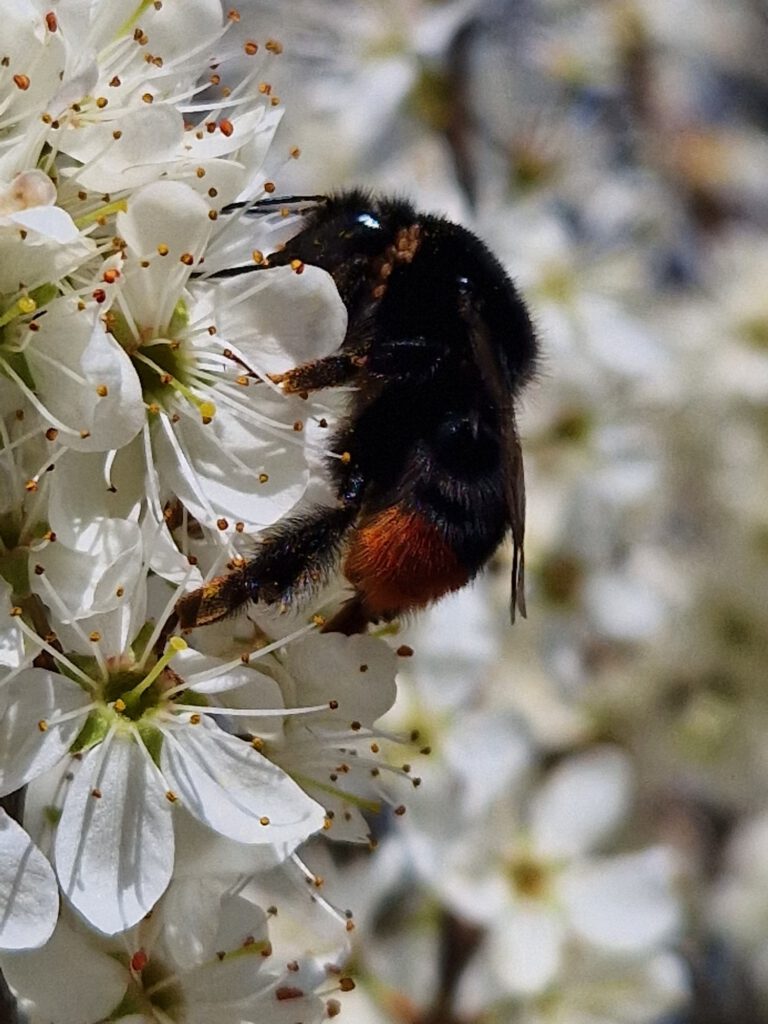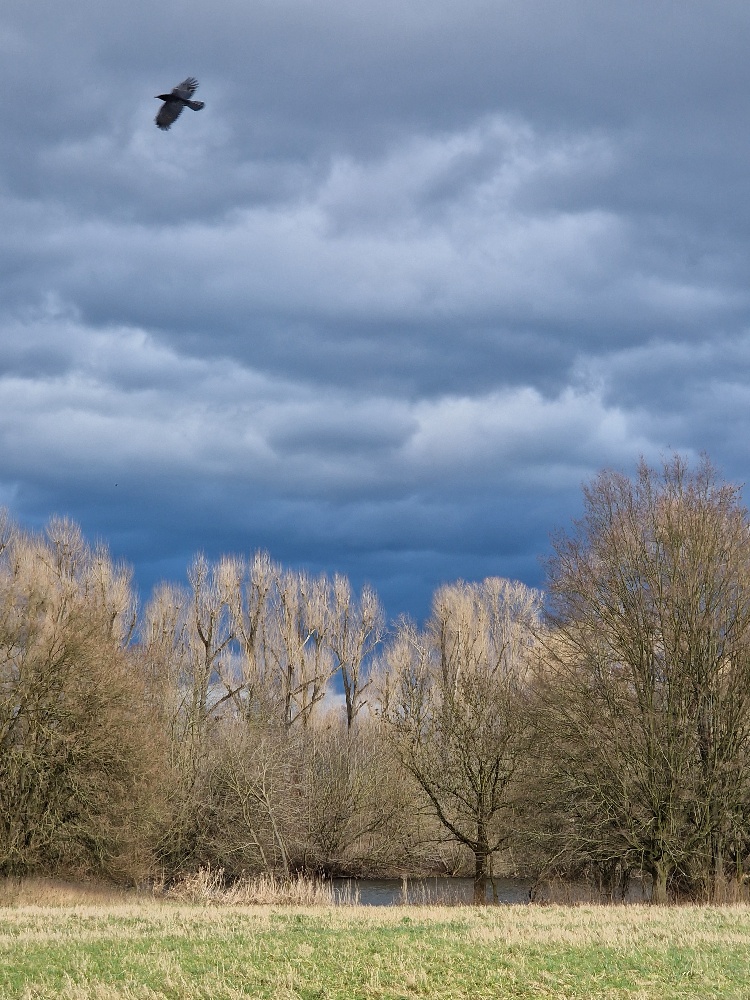In spite of everything I still believe that people are really good at heart. I simply can’t build up my hopes on a foundation consisting of confusion, misery, and death. I see the world gradually being turned into a wilderness, I hear the ever-approaching thunder, which will destroy us too, I can feel the sufferings of millions and yet, if I look up into the heavens, I think that it will all come right, that this cruelty too will end, and that peace and tranquillity will return again.
Anne Frank (1929-1945), The Diary of a Young Girl
It is true that abandonment is something that we’ve all suffered here. It is a horrendous feeling. It is a gut-wrenching experience. And it’s part of our lives, there isn’t anybody in this room that has not suffered abandonment at deep, painful levels. Somebody once asked what the Buddhist void feels like? The answer came back: the Buddhist void is emptiness without fear. And that hopefully is what I hope to achieve in this lifetime.
Tony Allen, 1991 ACA Talk
96% of our population suffers from substance and process addictions. Addictions to alcohol, drugs, food, sugar, caffeine, and nicotine are substance addictions. Process addictions fall into two different categories: addiction to people (co-dependence) and addiction to things and activities. The inner child can become addicted to TV, work, sports, sleep, exercise, power, money, spending, gambling, shoplifting, reading, talking, talking on the telephone, meditation, religion, drama, danger, glamour, worry, rumination, and even to misery and depression, as a way to fill the emptiness. The inner child turns to substances, things, and activities as an escape from the pain of external and internal aloneness and loneliness.
Anne Wilson Schaef, When Society Becomes an Addict.
In recent weeks and months, in my interaction with others as part of my own growth process towards Emotional Sobriety, I have been confronting and working through abandonment and aloneness, topics familiar from my childhood experience, growing up in my native Ireland as the fifth of ten children to loving, challenged, and, at times, somewhat overwhelmed parents.
In this process my attention was drawn to movement that emerged in the 1970’s, known today as the Twelve Step fellowship of Adult Children of Alcoholics (ACA or ACoA). The originators of this fellowship provided a relatively broad definition of the dysfunctional family, citing seven characteristics of the adult care givers (usually parents and/or grandparents) in such cases: actively addicted, emotionally ill, hypochondriac, hypercritical, perfectionist, ultra-religious, or sexually abusive.
Using these criteria, many of us recognise that we have grown up in dysfunctional circumstances, not because our caregivers were bad people, but because they, in turn, also grew up in similar environments and had little or no recourse to outside help for meaningful personal transformation.
As a person who grew up in the rigid, fundamentalist Irish Catholic culture of the sixties and seventies, I can only imagine how much worse the spiritual abuse (God keeps track of every single though and deed and has the power to send you to hell!) was for my parents and parents’ parents who grew up in a world which was much more closed off to outside influence than was mine.
Towards the end of the last century, innovative approaches began to emerge and attract widespread attention. In their 1990 book, `Healing Your Aloneness´, for example, Erika Chopich and Margaret Paul state the following:
The Bible speaks of ‚the fall‘ meaning the fall away from God, and states that this is the original sin. We can use this as a metaphor to symbolize the fall away from ourselves, from our inner child. We can see paradise as the connection between the inner adult and the inner child, which leads to wholeness, to the higher self, and to connection with universal God/Goddess love and consciousness. When we disconnect from ourselves and look for comfort and approval from outside of ourselves (the apple) rather than seeking them within, we move into a state of denial of our awareness, and we fall from grace. This is truly our original sin, a sin against ourselves, against our own inner child, a sin that we each have the power to heal by making a commitment to learn.
This disconnection from our inner child is the origin of emotional dependency and the False Self. The young person who has not experienced a sufficient degree of appreciation, affection, and connection from her caregivers believes she has been abandoned. This is such a horrendous, gut-wrenching experience, that we believe we are in existential peril, a state impossible to endure.
Intelligent beings that we are, we develop strategies to survive. The first element is to identify the cause of the problem. The idea that our parents are not up to the task of child-rearing is so cataclysmic that we deduce that the problem must lie in the only other variable of the equation, namely in ourselves. The pain, shame, and guilt resulting from the conclusion that we are unlovable are easier to endure that the spectre of incapable parents, on whom we are still fully dependent.
The next step is to relieve the pain of the disconnection, the fall from grace. We do this by availing, as best we can, of outside factors, – people, places, and things, – to fill the void. At first this appears to work. Only after some time do we realise the hefty price tag for such `solutions´.
We get trapped in the persona we have developed and find ourselves living somebody’s life, but not our own. We become addicted to a substance or behaviour such that we can’t live with it and can’t live without it. We intuitively know that we have now become the perpetrator of the inner disconnect between Adult and Inner Child and proceed to carry the wound into the next generation. The list could be greatly expanded.
Richard Rohr reminds us that the original meaning of sin was missing the mark. It results when we humans try to validate ourselves in a world where there is no completely solid place to stand. All our responses are flawed and partial. We can never be fully ’saved‘ in this world; everything human disappoints on some level. As many saints have said, sinners grasp for Love in the wrong places and in ways that will never work.
Only when we become desperate and admit the bankruptcy of our approach, as I did, do we become willing to change, to undertake the work that will get us back on track. We begin to believe that the disconnect can be reversed and the bridge between these two inner aspects rebuilt. How can this best be achieved?
For the healing to begin, I need to fully accept the reality of the childhood rupture in the first place. This is made even more difficult because it cannot succeed simply as a mental exercise, without once again feeling the original searing pain and scorching grief. This requires dedication, courage, and careful handling.
A modicum of Mental Fitness is necessary to begin with, to ward off the ingrained reflex to flee from these horrific feelings, as we had always done up to then. It also helps to have a supportive circle of people who have already gained experience in such inner work. Prior emancipation from addictive patterns, substance and/or behavioural, is a pre-requisite. As long as we keep re-enacting the addictive dynamic, there can be no lasting emotional sobriety.
What has become apparent is that while the abandonment is an interpretation, the aloneness is the perceived experience. I need to embrace and make peace with both. Then something miraculous occurs. The moment the aloneness is unconditionally embraced, there is an intense feeling of relief and I realise that I have never truly been alone and am not alone right now. Some higher energies have been sustaining me through the most terrifying states and dreadful events. This is the beginning of a new way of living.
I now find myself in a triad. Paddy, the inner child, Patrick, the adult, and the Great Spirit, which is the name I give to these higher energies. Further progress in Emotional Sobriety requires vibrant communication among these three aspects of self. This communication occurs mostly in that silent hour of meditation with which I begin each day. Much of this communication is a simple wordless flow of feelings in motion, i.e., emotions. The Great Spirit in me becomes witness to these exchanges and reaps the harvest thereof for the purpose of breaking new ground.
In practicing `new ways of doing things, and new things to do´, I tap into three main pools of resources.
The first is the Twelve Step approach to recovery and, in a broader sense, Emotional Sobriety. The second is the daily practice of Positive Intelligence (PQ) Mental Fitness, a modality I embarked upon over 24 months ago, and in which I have now trained as a coach. The third is the broad array of therapy modalities which have emerged over recent decades, including Internal Family Systems (IFS), Trauma Therapy (EMDR and Somatic Experiencing), Family Constellation Therapy (Hellinger and Satir), to name but a few.
It is the new experience which leads to healing. To be able to endure the unbearable, to come through the experience fortified and emboldened to relinquish life-long erroneous beliefs, is the bread and butter of recovery. If we were to wait until we were ready, we would never begin.
The way to learn this stuff is by doing it. In addition to faith, – the kind demonstrated by Anne Frank in her short life, – this requires encouragement and support. I am graced to receive both from my fellow travellers in the courageous, innovative, vibrant, broad-based recovery movement which continues to grow and gather momentum around the world today.










